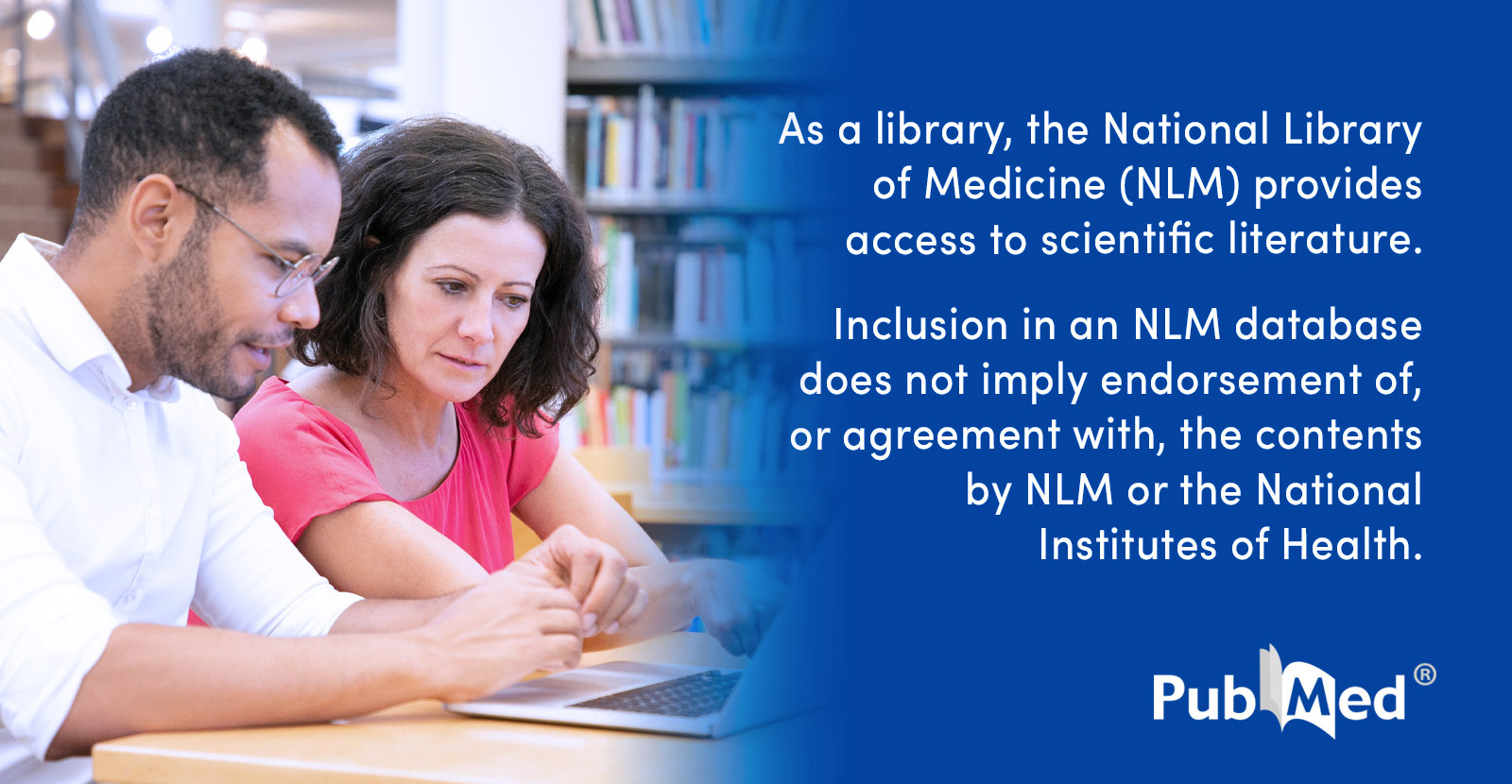
Dissecting Causal Links Between Gut Microbiota, Inflammatory Cytokines, and DLBCL: a Mendelian Randomization Study
Source : https://pubmed.ncbi.nlm.nih.gov/38507680/
Causal relationships between gut microbiota, inflammatory cytokines and diffuse large B-cell lymphoma (DLBCL) remain elusive. In addressing this gap, our Mendelian randomization (MR) study utilized data from the MiBioGen consortium...
This study provides evidence that supports the causal relationship between genus Ruminococcaceae UCG-002 and DLBCL.
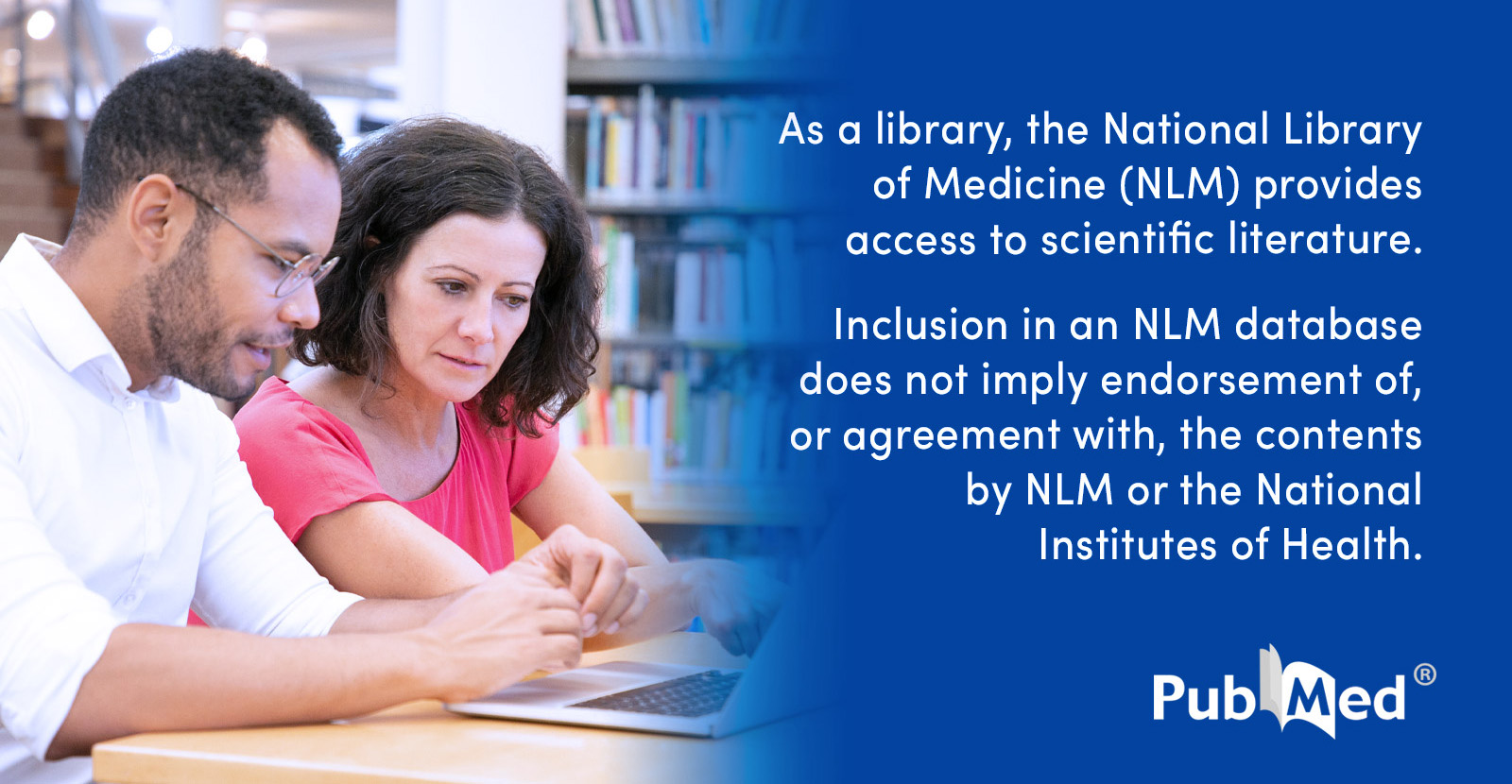
The Value of Bispecific Antibodies in Relapsed and Refractory DLBCL
Source : https://pubmed.ncbi.nlm.nih.gov/38454535/
Diffuse large B-cell lymphoma (DLBCL) may be cured with anti-CD20 based chemoimmunotherapy in the majority of cases, however, relapsed/refractory disease occurs in 30-40% patients, and despite significant recent therapeutic advances,...
Researchers discuss novel and cytotoxic combination regimens in relapsed and first-line settings.
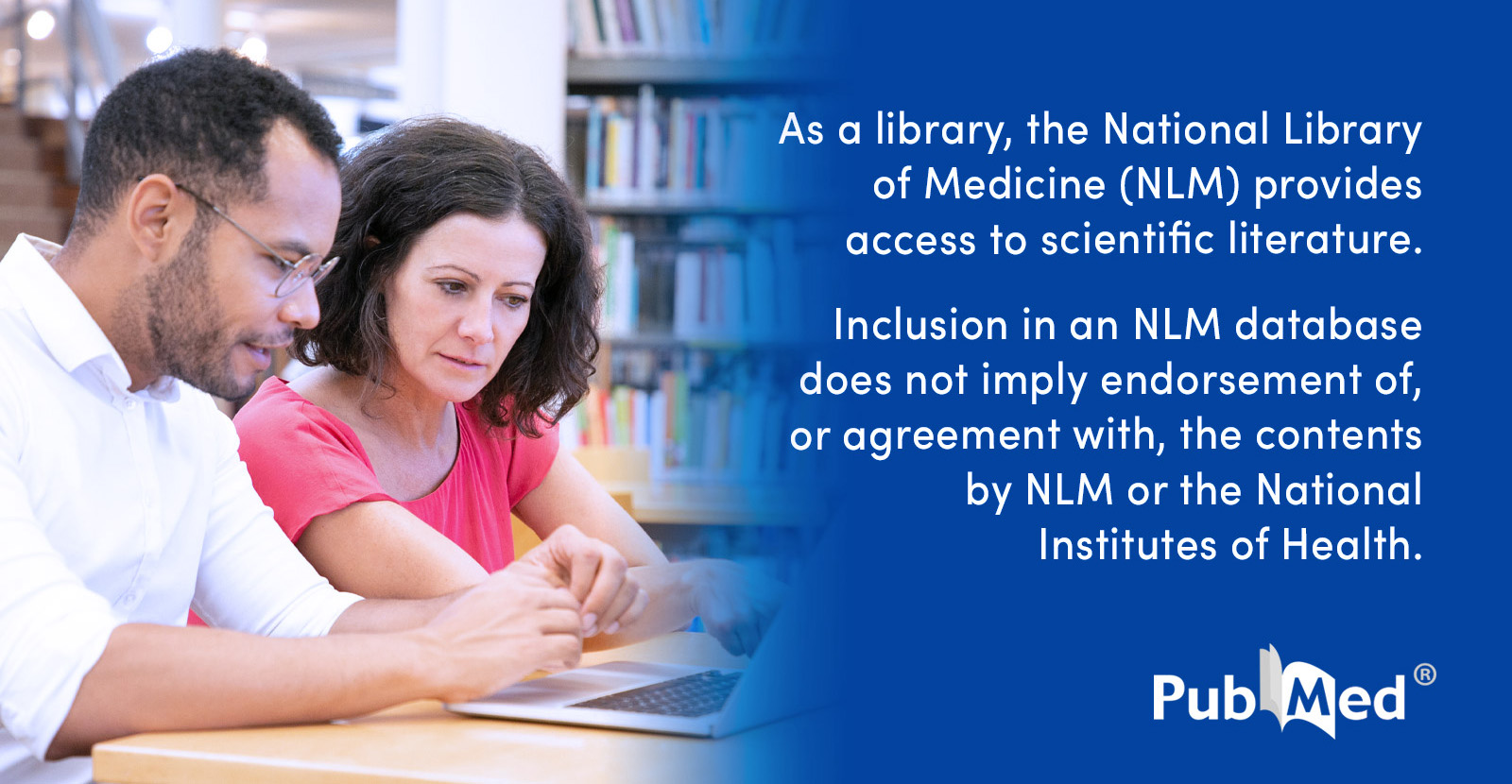
Clinical Outcomes in Patients With DLBCL Treated With R-CHOP According to Radiotherapy and Interim PET Response
Source : https://pubmed.ncbi.nlm.nih.gov/38434923/
Consolidative radiation therapy using interim PET can benefit patients who do not achieve mCR. Further well-controlled prospective randomized trials are required.
The freedom from disease progression of the metabolic PR group without radiotherapy was significantly lower than that of the other groups.
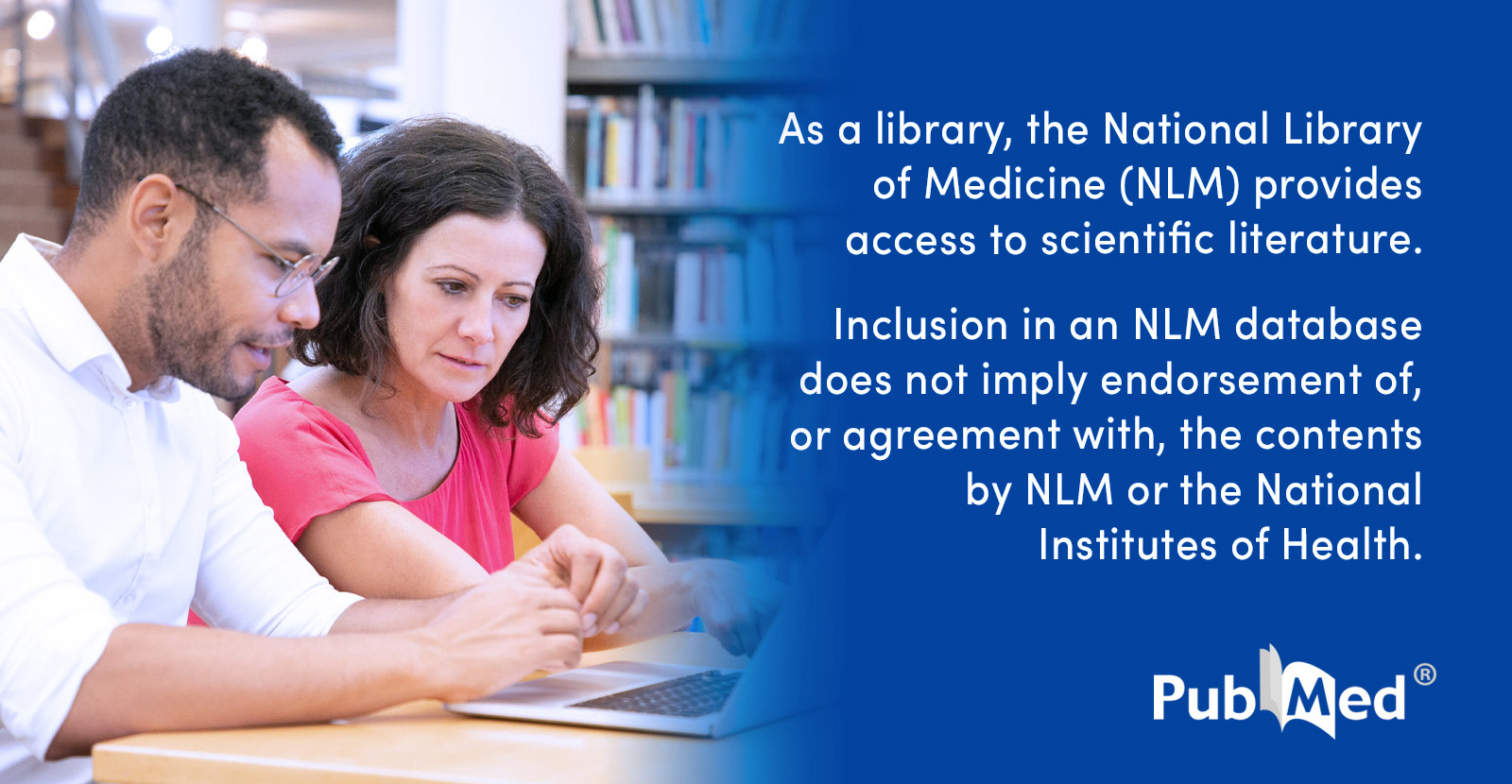
Lymphoma Relapse 1 Year or Later After Immunochemotherapy in DLBCL Patients: Clinical Features and Outcome
Source : https://pubmed.ncbi.nlm.nih.gov/38427082/
Despite great advances in treatment, 30-40% of patients with DLBCL undergo relapses. Patients with a relapse within 1 year or beyond have a distinct outcome. Few clinical characteristics and survival...
Multivariate analysis for OS showed that relapse within 1 year was an independent parameter for reduced OS.
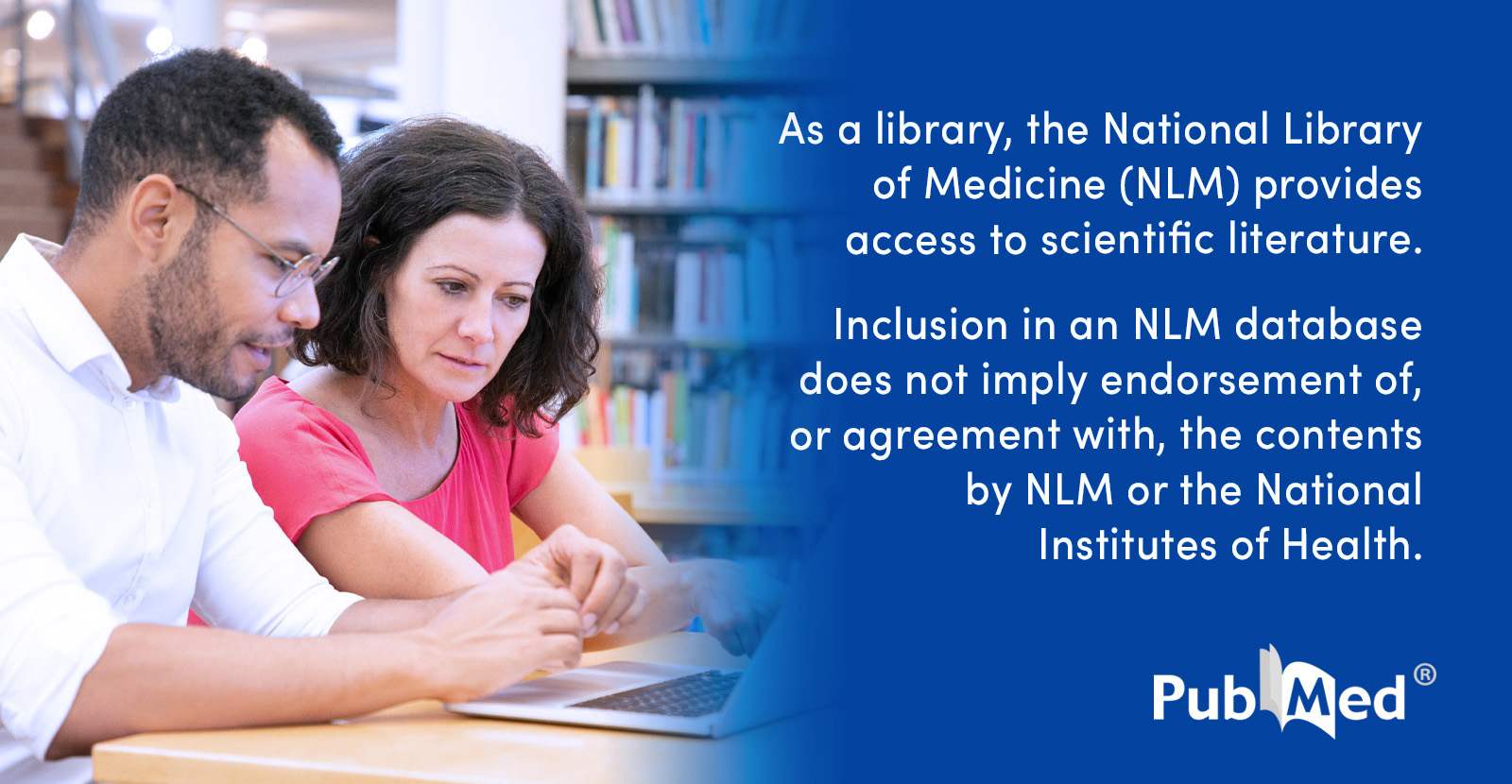
Case Report: From Sequence to Solution: Tailoring Treatment for Transformed Follicular Lymphoma (DLBCL) Through Next Generation Sequencing Study
Source : https://pubmed.ncbi.nlm.nih.gov/38487720/
Immune checkpoint blockade (ICB) has indeed transformed the outlook for many advanced-stage solid tumors, yet its effectiveness in hematological malignancies has been particularly limited, with success predominantly demonstrated in classical...
This case underscores the promise of combining immunotherapy modalities and the potential of comprehensive molecular assessments in charting innovative treatments for extensively treated NHL.

